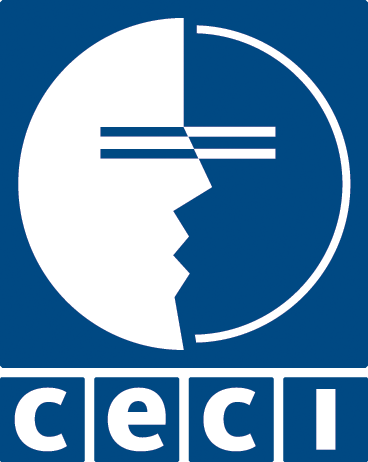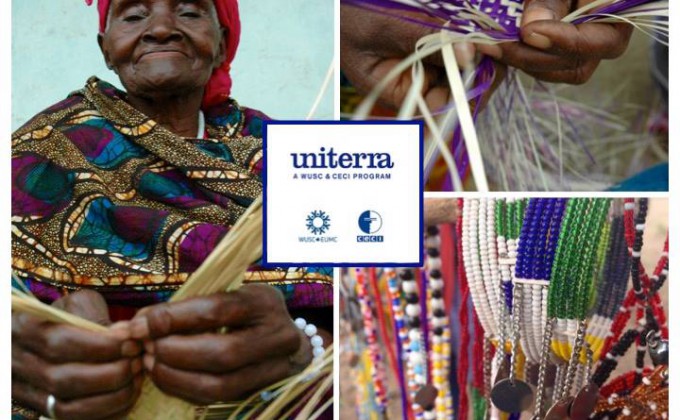Safina Hamisi proudly displays a selection of woven mats and baskets. The 60-year old grandmother is part of a handicraft group in Rundugai village in Northern Tanzania's Kilimanjaro region. Safina sells her items at the weekly village market, but says the profit she makes is barely enough to get by : “Access to capital is a challenge as is access to markets,” she said.
That’s all set to change thanks to Ndoss Ndumiaita and Magdalena Mlika. The tour guides at Rundugai Cultural Tourism Enterprise recently participated in a Uniterra Tanzania-initiated gender training for cultural tourism operators. The two-day workshop on gender inclusion in cultural tourism programs aimed to bring out deep-rooted issues that limit women’s participating at work, home or society at large.
The goal for Uniterra was to begin a discussion with cultural tourism enterprises (CTEs) that would enable them to build a more vibrant and gender inclusive sector. After participating in the training, Ndoss and Magdalena were inspired : “We realized our program was only benefiting about 21 people,” Magdalena said. “We wanted to increase that number to 200. So we began thinking how we could do that.”
Ndoss, 31, who founded Rundugai CTE two years ago, said he did so after struggling to find secure employment himself. He identified Rundugai as a tourist attraction due to its proximity to a neighbouring Maasai village and the picturesque Chemka Hot Springs : “I thought it was better to have self-employment and help others employ themselves,” he said.
Ndoss and Magdelena knew handicraft makers, who are largely women, were struggling to sell their goods. When they shared these observations with their village leaders, they were given a prime plot of land to build a new craft market in the village. The market, which community members will begin building soon, is right along the road leading to Chemka Springs – a bustling tourist attraction receiving upwards of 100 visitors every weekend. Ndoss and Magdalena have already met with more than 60 craftspeople in the village and invited them to sell their goods together.
Fatuma Abdalah says the access to tourism revenue would kick start new ventures for her weaving group : “With the extra income, we will build a chicken coup and start a new business,” she said.
Safina expects the income she earns will ease the burden of being the primary breadwinner in her family : “It would help support my family and send my grandchildren to school.”
In addition to this initiative, Rundugai has also hired and begun training five new youth from the community to become tour guides, two of them are women.
Uniterra es un programa canadiense de cooperación internacional, ejecutado conjuntamente por el CECI y el SUMC. A través de él, cada año 600 voluntarios contribuyen a un cambio positivo y durable hacia un mundo más igualitario, consacrando de algunas semanas a dos años de su vida a un trabajo voluntario en el extranjero. El programa permite también de implicar a las y los canadienses y desempeñar un papel activo en la lucha contra la pobreza.
El programa Uniterra se beneficia del apoyo financiero del gobierno de Canada a través del Departamento de Asuntos Exteriores y Comercio Internacional de Canadá.
Proyectos
Presencia
El CECI
Implicarse
Informarse
Donar
Contáctenos
Enlaces externos

